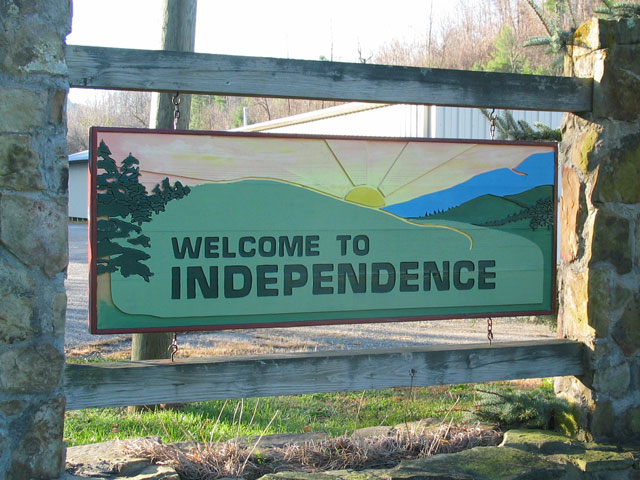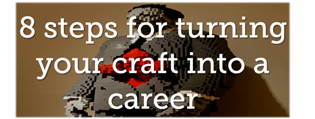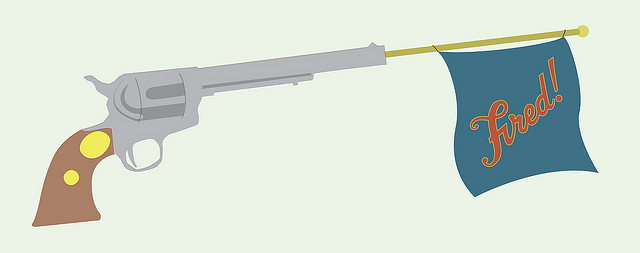
Canned. Sacked. Let go. Forcibly retired. Getting fired, no matter what sweet-sounding name you try to pin on it, is still a pretty bitter experience. Even if you’re expecting it to happen (or you’ve been secretly praying for it to happen), nothing ever quite prepares you for the day you get fired.
Yet, in our continually uncertain economy, getting fired is an experience that more and more people are having to deal with. Naturally, most people react to a firing in an emotional way – with tears, anger, idle threats, feelings of isolation or low self-worth. But the 24 hours after you’ve been fired is not the time to be paralyzed by emotion, it’s the time for some very simple actions that can pay off big in the long run. You can always come back to the 5 stages of grief later.
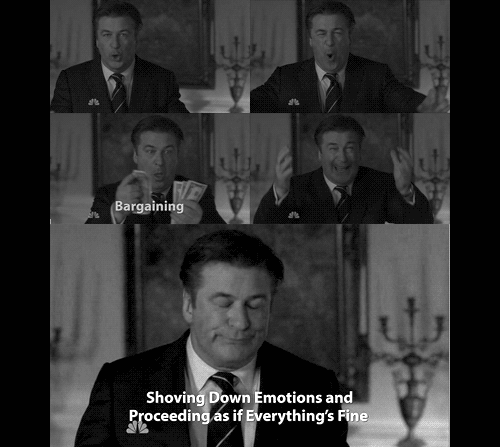
the 5 Stages of Grief, by Jack Donaghy
Here are 7 suggestions for what to do the day after your last day on the job.
Tell Everyone
Though shame and embarrassment at losing your job might make you want to keep the whole mess a secret, don’t. Think of it this way: if nobody knows you’ve been fired, nobody will know you’re available for new opportunities. A quick email message (or tweet or Facebook post) to your network of friends and associates saying something like, “Guess what guys, I’m looking for employment again,” followed by a very brief, very clear description of what kind of employment you’d prefer, could work wonders. Many of those people that you tell will likely reach out to ask for more details. Resist the temptation to go into a long diatribe about what an evil cad your now ex-boss was, or how you never liked that filth-flarn company anyway. There will be much time for ranting in the days to come. When pressed for more deets, simply say, “I’m not in a space where I can talk about it right now, we’ll have to get together soon so I can tell you all the gory details. But if you can keep an eye out for (fabulous next job I’m looking for), I’d really appreciate it.”
Ask for Recommendations
Even if you were fired for less than stellar performance, there’s probably at least one person you worked with who actually liked you and the work you did. Instead of avoiding them like the plague, reach out and ask for a quick letter of recommendation. Or better yet, send them a LinkedIn request, so they can put their glowing recommendation of you on the interwebs for the whole world to see. Wait. You do have a LinkedIn account, right?
Get LinkedIn
If you don’t already have a profile on LinkedIn, shame on you. I’m sure it’s because you were so busy with work before that you didn’t have time to get it done. Well, now that that’s no longer a problem, it’s the perfect time for you to create or update your LinkedIn profile. Search for and make connections with your now-former coworkers. Consider this the part of the job loss chapter that you get to write yourself. You decide which characters you want to continue in the story, and how you express what your experience was like.
Update your resume
Even if you don’t intend to start looking for a new job right away, it’s best to update your resume while the details of your last position and accomplishments are still fresh in your mind. You may even consider putting up a free or inexpensive website to post your skills, your resume and examples of your work.
File for unemployment
Labor and employment laws differ for every state. And if you were fired for misconduct or negligence, you may not qualify to receive unemployment benefits. But it never hurts to try. Even if you and your former employer disagree about the reason for your termination, you may be able to appeal an initial denial of unemployment benefits.
Schedule some coffee dates
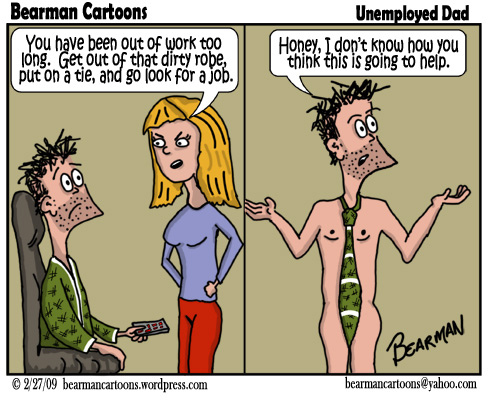
Write your own training plan
Take some time to envision what sort of job or position you want next. Spend an hour or so searching on Careerbuilder, Monster and other job hunting sites for job descriptions that are similar the position you want. This will allow you to see what sort of skills or certifications are preferred for those roles, and which ones you may need to brush up on. Make a list of 2-3 classes you want to take, certifications you want to pursue, or professional skills that you want to improve upon. In the coming days (or weeks or months), your new job will be to find and complete training classes, self-directed projects, or pro-bono gigs that will prepare you for your next job.
Let’s be honest, it is statistically probable that you’re going to get fired at some point in your life. Your reason for being terminated may not even be your fault. And even if it is your fault, it isn’t the end of the world. Life goes on. You learn from the experience, pick yourself up, and move on to the next chapter. You aren’t the only one this has happened to, and you certainly won’t be the last. By taking small, immediate actions you’ll go a long way in dispelling the feelings of powerlessness that may come with a job loss. And by taking those actions you’ll remind yourself that, in the end, you are the only one responsible for your career destiny.
cheers,
k
photo 1: You’re Fired! by bjornmeansbear, on Flickr
photo 2: via jericapng, on Tumblr



